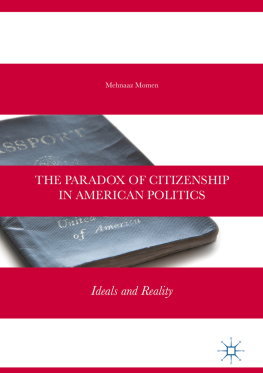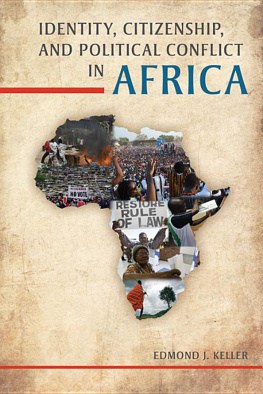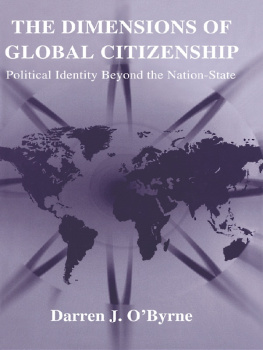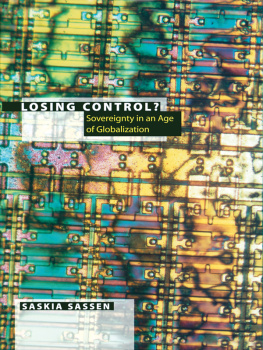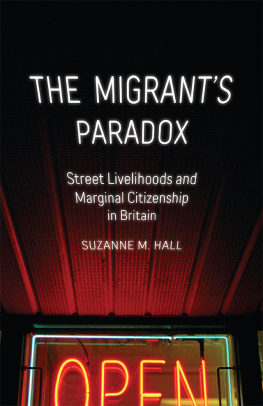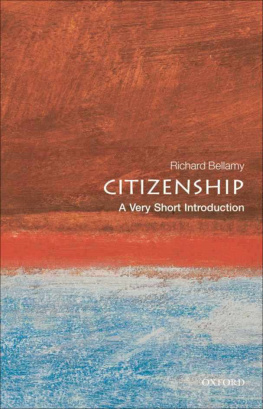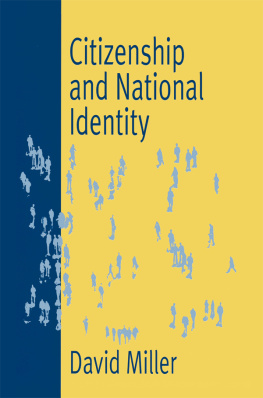1. Introduction: The Paradox of Citizenship
Living and working in the border city of Laredo, I have always been conscious of the conflicting meanings of citizenship in legal, political, and social terms, especially whenever I have to cross the checkpoint to leave the city. The city where I blend in physically, with its majority Hispanic population, is also the city where linguistically I remain an outsider and am continuously being reminded and asked about my immigration status, as I am compelled to carry my passport every time I cross the checkpoint to go north of Laredo. One September morning, as I was boarding a plane from Laredo, the customs officer asked whether I was from India. Conscious of my rights as a citizen and clutching my American passport, alert and defensive, I answered, Close to India, Bangladesh. The customs officer lowered her voice, I am making chicken makhani tonight. Do I need tomatoes? Relieved, as I said no to tomatoes and gave her additional information on the proper spices, I became conscious of an odd feeling of warmth that supplanted the usual angst of border negotiations. I realized that probably for the first time my otherness was being deemed not as a scary trait to be monitored, but as an exquisite attribute that had become useful. Instead of making me feel distant and excluded, this encounter somehow connected me with the official on a human level. I could imagine her cooking dinner, her brow furrowed over the proportions of spices, dipping a spoon and tasting her meal, happily turning the stove off. It was not my American passport that had conjured the magic to change how I was being treated and how I dreaded going through security in the post-9/11 years. Instead, an unrelated gesture from a customs officer conveyed that I was not being doubted, but rather being accepted as part of the mad rush. Although this particular incident did not signal the end of being singled out or being subjected to more inquiries, it certainly changed my perception of inclusion even during the peak of the recent exclusionary measures. How do individuals grapple with these mixed signals? Where do these particular events fit into the political and legal landscapes? How do citizens make meaning out of their relations with the state when the rhetoric and reality clash? Can these differences between what is prescribed (i.e., the official version) and what is practiced (i.e., our lived experience) be analyzed to better understand the quandary of citizenship in what many are claiming is a postnational era? This book is rooted in the desire to capture the meanings of difference, otherness , exclusion, and inclusion in American citizenship over time by connecting different themes that add meaning to citizenship practices.
At what point do we become citizens? Do we claim our citizenship rights when we are born or when we take our oaths? Do we become citizens when we vote? When do we know that we belong to the in-group? What threatens this membership? American history points toward race, ethnicity, and immigration as obvious points of confrontation and departure regarding citizenship rights, but these issues are part of a larger story of confusion and ambiguity in American citizenship, one that started even before America emerged as a nation-state. Narratives of citizenship often follow a linear trajectory focusing on legal changes and social meanings for particular groups, whereas American history is replete with instances of minorities who were not only denied citizenship, but even after legally gaining status were denied its privileges because of racial and ethnic prejudice. I want to extract the disjointed, confusing, and ambiguous fissures that go beyond the internal issues of race, ethnicity, and immigration to include issues such as national identity, global hegemony, and state power to uncover a more complete picture that is continuously in the making. I am interested in the paradoxes of citizenship, their production and continuation, and their implications for our lives and statecraft. What I have tried to do in this book is to undertake an archeological expedition into different aspects of citizenship, focusing on the anomalies and paradoxes, and illuminating how they form a bigger picture, one that is never complete, but certainly becomes more complex as we see the high ideals, pragmatic self-interest, and ingrained prejudices clashing with each other.
My thesis is that the maturation and growth of ideas of citizenship in the American polity lie in the paradoxes and anomalies rather than in coherent narratives of the ideological, racial, legal, or political dimensions of citizenship. There have been numerous attempts to decipher citizenship through the linear evolution of citizenship rights by means of the expansion of minority political rights, as discussed, for example, by Weiner, I want to focus on citizenship in the broader political realm, connecting national identity formation, the expansion of the American nation, globalization, immigration, and technological developments to illustrate the composition as well as the asymmetrical aspects of American citizenship and its implications. My goal is to analyze and explain the notion of citizenship in the United States in light of its history and trace its transformations at critical junctures. To chart these turning points of crisis and challenge, I have delved into the construction (encompassing both the official and the unintended factors) of American identity, nation-building, global hegemony, immigration, and state power to analyze how these five areas of discourse have shaped American citizenship.
Each of these paradigmsnational identity, state expansion, global status, immigration, and state powercontains only a partial story of American citizenship, and the full meaning of citizenship evolution can only be understood through the analysis of connections and disconnections between and among these paradigms. The aspect of minority rights, for example, can be read very differently in each of these models. With the expansion of the American state, new minorities were included and new rules of exclusion were set up to keep most minorities out of the citizenship fold. Yet, with every foreign war, the American nation witnessed the participation of minorities in warfare, leading to their gaining of citizenship rights. Moreover, in each of these paradigms several problematic or controversial aspects of citizenship, especially concerning state power, are normalized. With each technological advancement, the tools to check state power become theoretically available, yet it is the state which seems to exert more and more power over citizenship practices, as these ambiguous advances become part of everyday life, and are justified and normalized. Each of the paradigms contains several paradoxes, and yet the incompatible aspects of power and privilege, and the processes of being subaltern, are normalized in each of these spheres. In this book, I try to decipher the hidden meanings and real-life implications along with the official versions of each of the five threads of the story of American citizenship. The paths of legalization through immigration and social acceptance as an American deviate more often than they intersect, and often immigration laws have to be understood for their symbolic significance rather than their original intention or their applicability in real life.
I have explored the meaning of citizenship from three perspectivesthe rhetoric, the reality, and the consequent paradoxesin each of the paradigms. The official storyline is often captured in the legal transformation of citizenship rights, the criteria for eligibility, the rules of exclusion and inclusion, and so forth. The rhetoric section of each of the five segments of the citizenship narrative follows the logic and construction of a linear history of citizens and state relations, mostly set out in a coherent, logical, and somewhat legal documentation. African Americans became citizens as a result of the Civil War, Hispanics joined American citizenship through territorial expansion, Native Americans were legally excluded from becoming citizens, and a special category was created for Puerto Ricans, all of these being examples of such rhetoric.

